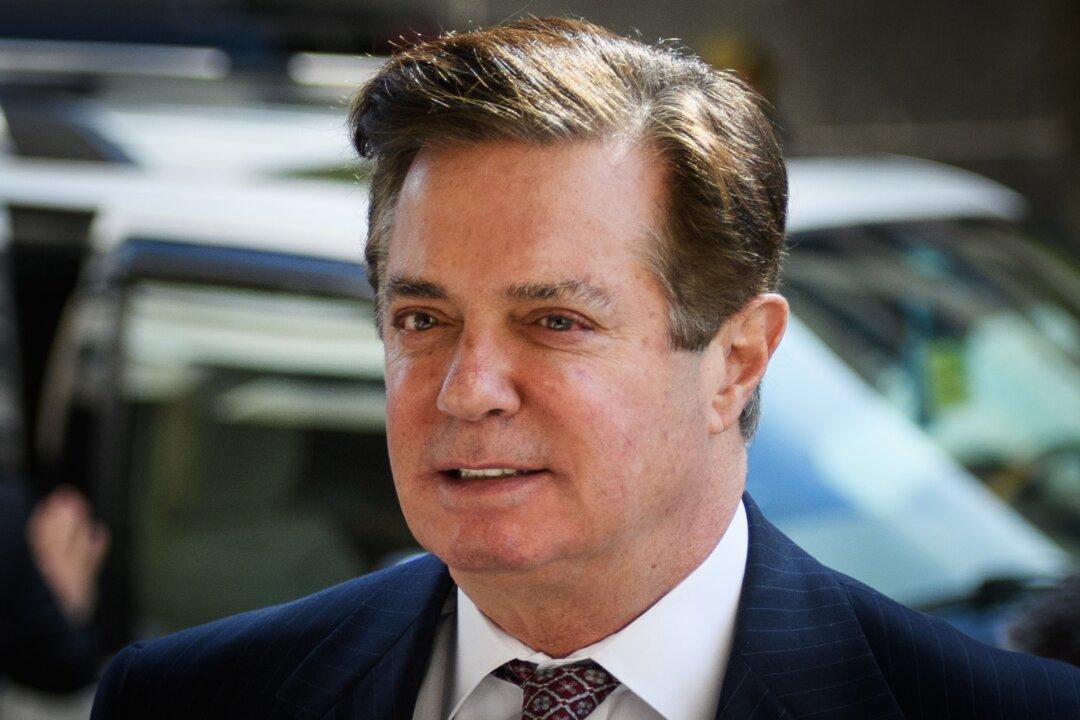A federal judge in Washington ruled on Feb. 13 that veteran political operative Paul Manafort lied to prosecutors with special counsel Robert Mueller’s office and violated his cooperation agreement.
U.S. District Judge Amy Berman Jackson ruled (pdf) that there was enough evidence to show that Manafort lied on three topics, including his communications with his employee Konstantin Kilimnik. Jackson ruled that Manafort did not lie about his contacts with members of the Trump administration and Kilimnik’s role in an obstruction of justice charge.





